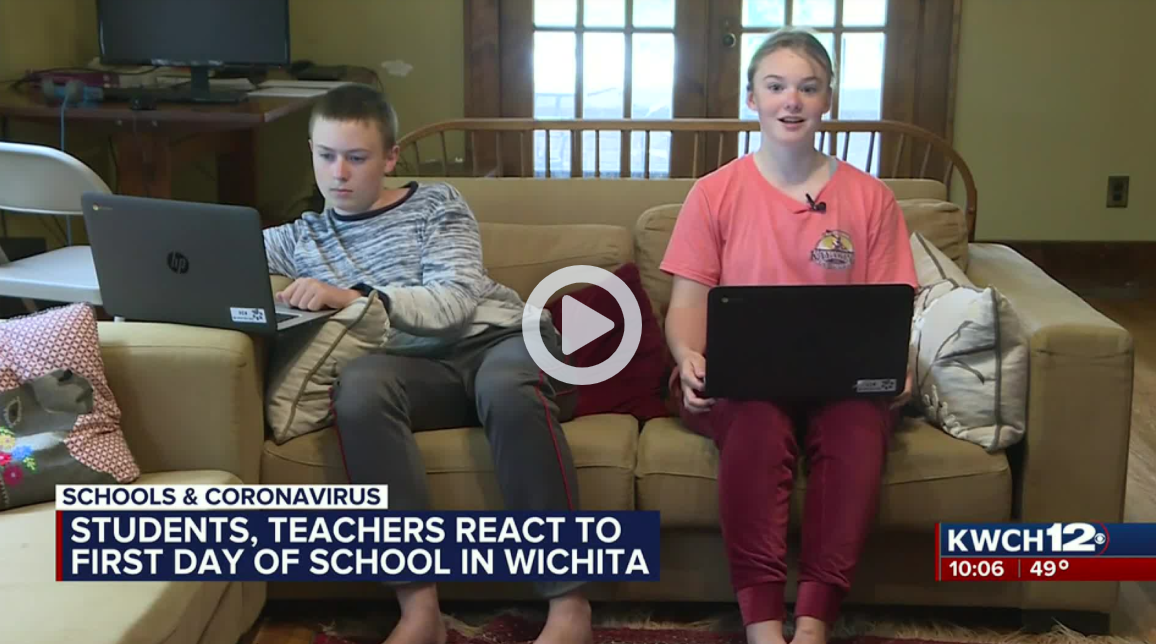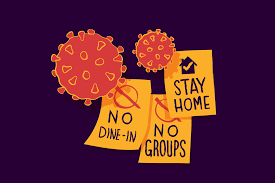Bullying Isn’t Just For Kids
- By Molly Allen
- •
- 06 Nov, 2015
Bullying does not end when childhood ends. In fact, according to a survey by the Pew Research Center nearly 75 percent of American adults have witnessed online harassment, and 40 percent have been the victims of cyberbullying.
What Is Cyberbullying?
Cyberbullying is the act of using online platforms such as Twitter, Facebook, blogs or Instagram to harass and intimidate someone. It is meant to isolate, humiliate and scare the person being bullied and can be physical or verbal. Cyberbullying includes spreading rumors, making threats, attacking someone or purposely excluding them. While some may think it’s harmless, the fact is bullying can create deep emotional scars for both the victims and for the bystanders who witness this behavior. The scars can be so deep, in fact, that they can be felt for a lifetime, and it often leaves people depressed and anxious, and can even lead to suicide. Sometimes it involves adults hounding one another over political, religious, or other deeply held beliefs, but it can take on a sadistic quality, too. In that case, the bully seeks to torment his quarry to the point of self-destruction. According to Violence Prevention Works, “Cyberbullying, like traditional bullying, involves an imbalance of power, aggression, and a negative action that is often repeated.”
Cyberbullying usually takes place between two people through email, instant messaging, or phone texting. However, since the bully has to have an audience to lift his/he own self-esteem, the bullying generally elevates to social media so the humiliation is public and twice as shaming.
Cyberbullying can take several forms:
- Impersonation: hacking another’s email or social media to post something denigrating.
- Harassment: repeatedly sending offensive, rude or insulting messages.
- Flaming: fighting and frequently using offensive language.
- Defamation: posting derogatory information about someone, and/or digitally altered photos.
- Cyber Stalking: repeated threats or online activity that makes a person afraid for their safety.
- Outing and Trickery: sharing another’s secrets or tricking someone into revealing embarrassing information.
Characteristics of the Cyber Bully
There are certain characteristics that make the typical cyberbully stand out. They include:
- Anonymity: Cyberbullies want attention, but do not want to be identified, so they surf the Internet using pseudonyms; that way the victim often does not know who is doing the bullying.
- Accessibility: Since the Internet is available 24/7, the cyberbully can attack his victim at any time.
- Retaliatory Fears: Victims often fear retaliation from their tormentors so they struggle with calling the person out for their ‘crimes’.
- Bystanders: There are always bystanders where cyberbullying is concerned. Technology can be a very powerful tool and even innocent bystanders can get caught up in the bullying.
- Disinhibition: The anonymity of the Internet offers false courage and allows the bully to commit acts they might not otherwise attempt in person.
Information, Prevention, and Reporting
The good news is there are many steps a person can take if they feel they’re being bullied.
- Keep records of the incidents and save any texts or photos associated with it.
- Report the incident to the online service provider for the site.
- Block the person from seeing your social media timeline.
- If the bullying crosses the line from harassment to criminal intent, contact law enforcement. If violence is threatened, sexually explicit material is received, or if stalking or invasion of privacy occurs, then the cyberbully has committed a crime and it should be investigated by the proper authorities.
Remember, no one has to be the victim of a cyberbully. Being informed and knowing how to fight back is the only answer to eliminating this online threat.
SOURCES: PBS.org, Bruce Nystrom, PhD, bullyonline.org, nobullying.com, CNN.com

Click here for the story: Wichita Parents, Students Adjust

Coronavirus panic could compromise your immune system

Vote 2020 Securing Your Vote

Impeachment Fatigue

Lately it has been hard to keep up on all the mass shooting tragedies around us. In order to not lose our humanity, and to remain in touch with the issues that matter, without overwhelming ourselves, here are some tips.







